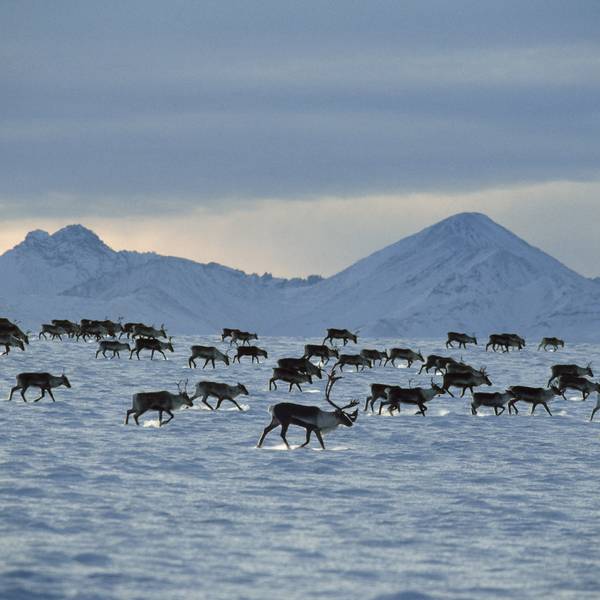Seizing on an announcement from Royal Dutch Shell on Monday that it would be sending both of its arctic drilling vessels to Asia for repair, environmental campaigners opposed to the offshore drilling program in Alaska say the oil giant should simply "pull the plug" on their efforts to drill in the dangerous and fragile Arctic ecosystem.
"After just one difficult year of limited operations off Alaska, the towing of both of Shell's rusting drill rigs to Asia for repairs shows they're simply not up to the task of operating in the extreme, hostile waters of the Arctic," Ben Ayliffe who leads Greenpeace International's campaign against the oil industry's rush to exploit undeveloped oil fields beneath the seabed.
Both of Shell's drilling rigs - the Kulluk and the Noble Discoverer - were involved in mishaps throughout their stint in the icy and storm-prone waters in the Beaufort and Chuchki Seas this past year.
In December, as the Alaska Daily News reports, "the Kulluk was being towed to Seattle for off-season maintenance when it repeatedly lost tow lines during a brutal Gulf of Alaska winter storm. It grounded just off Sitkalidak Island, south of Kodiak Island, on Dec. 31."
And the Noble Discoverer, as The New York Times recaps, has had a series of problems since arriving in Alaska, beginning with running aground before even leaving port in Dutch Harbor and later catching fire while docked in the Aleutian Islands. Following that, an inspection by the US Coast Guard found that the aging ship was frought with problems, including leaks and other failures of its "pollution control systems".
"The costs for Shell's Arctic oil program continue to spiral," concluded Ayliffe, "and it remains to be seen just how long investors will idly sit by and allow the company to keep pouring money down an Arctic black hole. Shell owes it to its investors to stop delaying the inevitable and pull the plug on this Arctic drilling fiasco now."
Read more here: https://www.miamiherald.com/2013/02/12/3229805/shell-to-tow-arctic-dril...



